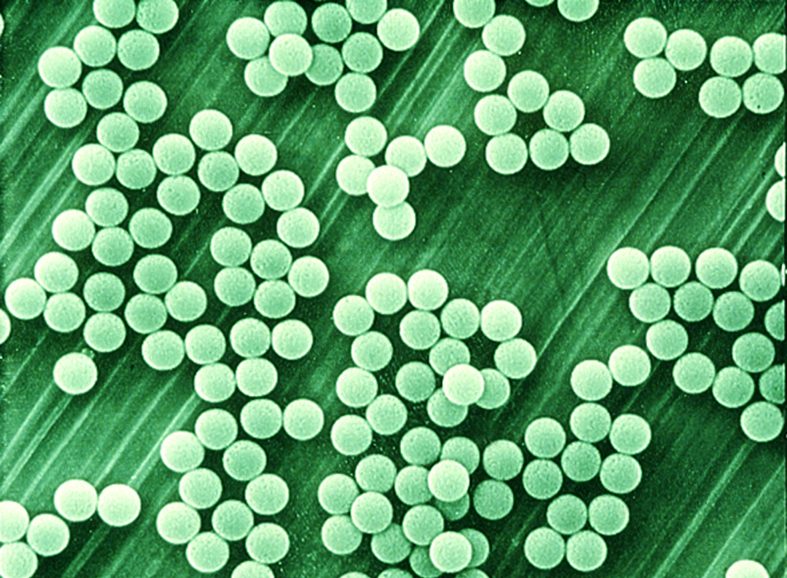We’ve all heard of the mitochondria, the powerhouse of the cell. They turn nutrients into resources that your body needs to move, grow and stay alive. In other words, they make energy! But what if I told you that mitochondria also play a role in making you tired? As published in Nature, our mitochondria get tired as they work to produce energy, pushing the brain to demand sleep.
To investigate the role of mitochondria in sleep pressure, or the feeling of needing to rest, researchers studied the neurons of fruit flies, a commonly used animal for sleep studies. They compared the neurons, or messenger cells, of well-rested and sleep-deprived flies by measuring which genes were active within those neurons, how the mitochondria of the neurons changed their shape and how efficiently those mitochondria produced energy. To prevent sleep in the fruit flies, scientists built a machine similar to a small rocking platform that tilted and snapped back into place every 10 seconds, disturbing the flies’ sleep patterns.
The results showed that specific sleep controlling neurons increased their energy production through mitochondria during prolonged periods of wakefulness. This proccess caused the mitochondria in those neurons to change shape, wear down and become less efficient, which signaled to the body that a period of sleep was necessary. During that sleep, the mitochondria repaired damage and restored their shape. The longer the mitochondria pushed their limits, the stronger the urge was to rest.
These findings highlight the idea of sleep as an evolutionary adaptation to prevent energy-driven cellular damage. This study further proves to us that sleep is not optional; it is a critical process ingrained in our cellular functioning. So, next time you are fighting a yawn or considering an energy drink to cure your sleepiness, consider giving your mitochondria the break they are asking for.















